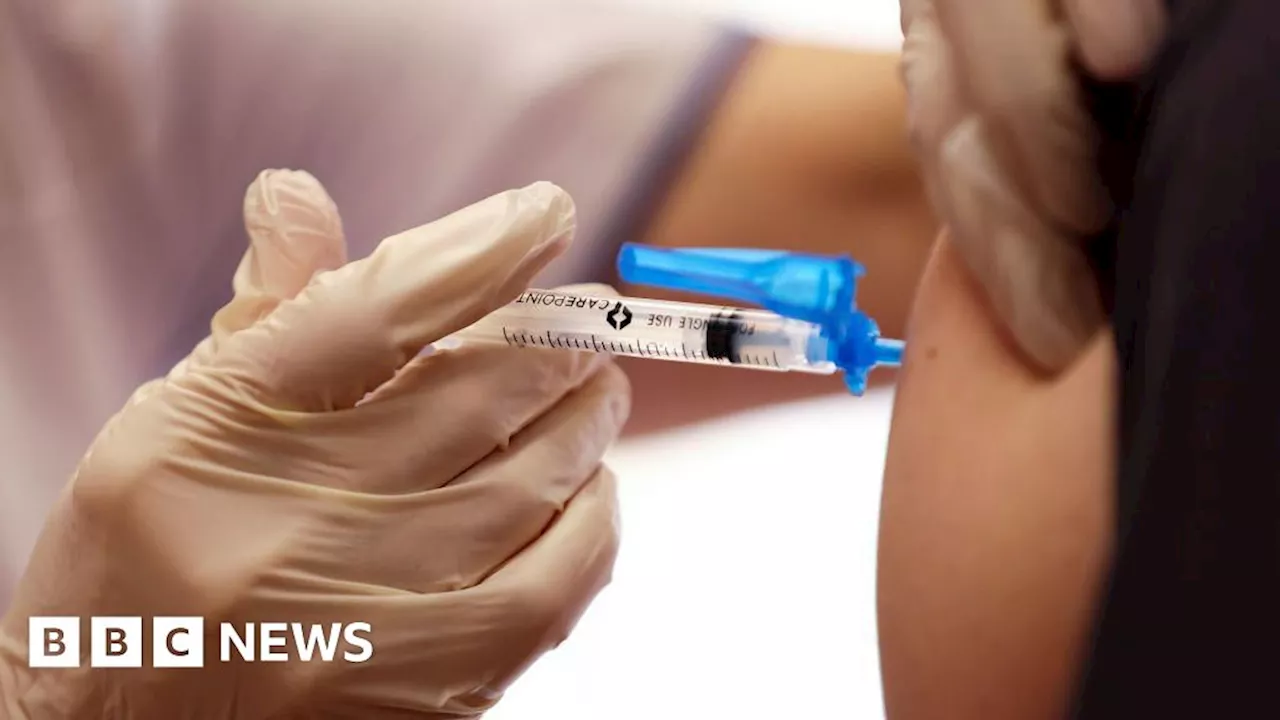Oxford researchers created a tiny, biodegradable lithium-ion battery from hydrogel droplets for various biomedical applications.
Animal model tests show the battery’s promise as a wireless, biodegradable solution for managing cardiac arrhythmias, a major mortality cause.Enlarged version of the droplet power source, for visualisation. 500 nL volume droplets were encapsulated in a flexible and compressible organogel.Researchers at the University of Oxford have developed a miniature, soft lithium-ion battery for biomedical applications like heart tissue defibrillation and pacing.
“To date, it is the smallest hydrogel lithium-ion battery and has a superior energy density,” said Dr Yujia Zhang , the lead researcher for the study and a starting Assistant Professor at the École Polytechnique Fédérale de Lausanne, in a statement.The development of tiny smart devices, often smaller than a few cubic millimeters, requires equally small power sources.
It has proven difficult to combine all of these features into a single battery, though. There is a big gap in the development of effective, secure, and adaptable energy solutions for biomedical applications because no power source currently in use can combine all these qualities at once.
Biomedical Hygrogel Lithium-Ion Battery Microrobot University Of Oxford
United States Latest News, United States Headlines
Similar News:You can also read news stories similar to this one that we have collected from other news sources.
 Scientists develop method to control timing of synthetic DNA droplet divisionMany cellular functions in the human body are controlled by biological droplets called liquid-liquid phase separation (LLPS) droplets. These droplets, made of soft biological materials, exist inside living cells but are not enclosed by membranes like most cell structures.
Scientists develop method to control timing of synthetic DNA droplet divisionMany cellular functions in the human body are controlled by biological droplets called liquid-liquid phase separation (LLPS) droplets. These droplets, made of soft biological materials, exist inside living cells but are not enclosed by membranes like most cell structures.
Read more »
 Watch The Smallest Water Droplet Ever Seen Grow, Molecule by MoleculeThe Best in Science News and Amazing Breakthroughs
Watch The Smallest Water Droplet Ever Seen Grow, Molecule by MoleculeThe Best in Science News and Amazing Breakthroughs
Read more »
 Achieving precise timing for DNA droplet division: A step towards artificial cellsA time-delay circuit enables precise control over the division of synthetic DNA droplets, which mimic biological Liquid-Liquid Phase Separation (LLPS) droplets found in cells. By utilizing a combination of microRNAs (miRNAs) and the enzyme RNase H, researchers have successfully regulated the timing of droplet division.
Achieving precise timing for DNA droplet division: A step towards artificial cellsA time-delay circuit enables precise control over the division of synthetic DNA droplets, which mimic biological Liquid-Liquid Phase Separation (LLPS) droplets found in cells. By utilizing a combination of microRNAs (miRNAs) and the enzyme RNase H, researchers have successfully regulated the timing of droplet division.
Read more »
 Oxford University vaccine 'could wipe out' ovarian cancerA university has secured funding from Cancer Research UK to develop a vaccine for ovarian cancer.
Oxford University vaccine 'could wipe out' ovarian cancerA university has secured funding from Cancer Research UK to develop a vaccine for ovarian cancer.
Read more »
 A guide to Oxford beyond the universityThis hallowed city is synonymous with its venerable university — but there’s much to see beyond the sandstone halls of its colleges, from a botanic garden that dates back centuries to cultural spaces with an eye on the future.
A guide to Oxford beyond the universityThis hallowed city is synonymous with its venerable university — but there’s much to see beyond the sandstone halls of its colleges, from a botanic garden that dates back centuries to cultural spaces with an eye on the future.
Read more »
 Maya Brainard helps Gettysburg past New Oxford in girls volleyballAfter a close first set, Gettysburg secured a strong non-conference win.
Maya Brainard helps Gettysburg past New Oxford in girls volleyballAfter a close first set, Gettysburg secured a strong non-conference win.
Read more »
